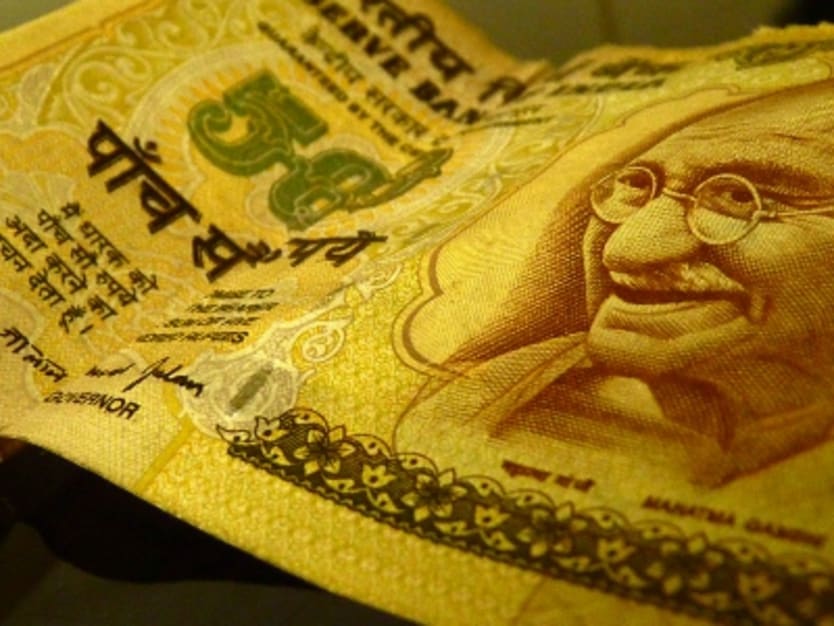
China, India and other rising economic powers should begin contributing funding toward the worldwide AIDS campaign, according to the chief of the Global Fund to Fight AIDS, Tuberculosis and Malaria.
Aside from innovative financing, support from emerging countries is seen as one way to address the looming funding gap.
“I believe that in a globalising world, in a world where countries like China are joining, and want to join, world governance, at a time when the G-8 is becoming the G-20, it is right for these countries to take up a share of the burden,” Michel Kazatchkine told Agence France-Presse in an interview.
Kazatchkine said he has already traveled to Beijing to make his case.
“The Chinese told me they would think about it,” he said.
Kazatchkine revealed he was scheduled to visit Delhi next month and has been lobbying Gulf economies for support to the Global Fund.
Huge contributions from these nations, however, were still “very far off,” Kazatchkine said.
“Let’s not forget that in terms of [gross national product] per head, China ranks in the hundreds in the world league table. I don’t say it is a poor country, I would call it a country with poor people,” he said.
Kazatchkine’s discreet campaign comes in the run-up to a meeting in October where the Global Fund will seek to mobilize some USD20 billion from 2011 to 2013 to combat the three diseases.
The Global Fund chief called on traditional donors to explore innovative financing mechanisms such as a micro-tax on foreign exchange transactions.
“I think it is not impossible, as far as Europe is concerned, to have a tax on euro transactions. But I am hearing that certain finance ministers want this tax to be used as a buffer for future bank crises, rather than go towards development aid,” Kazatchkine said.








